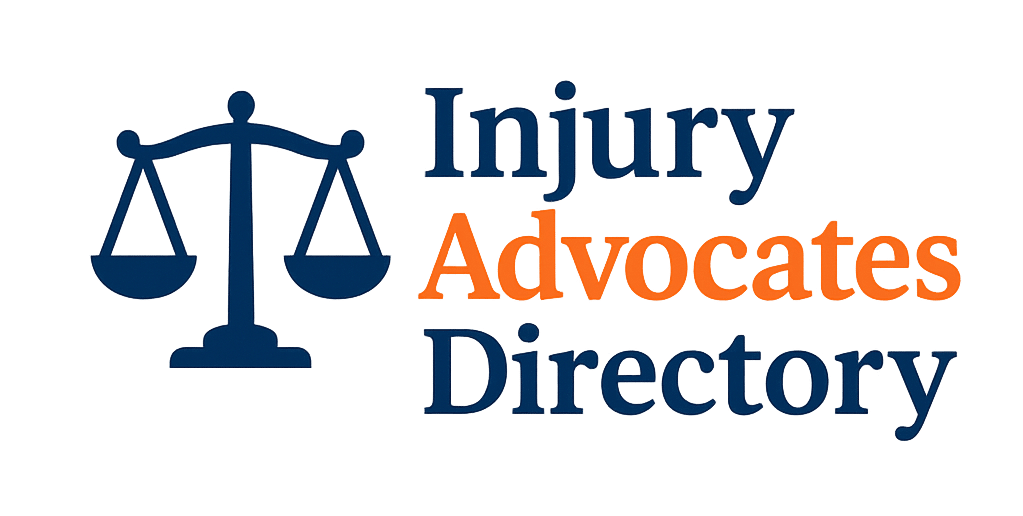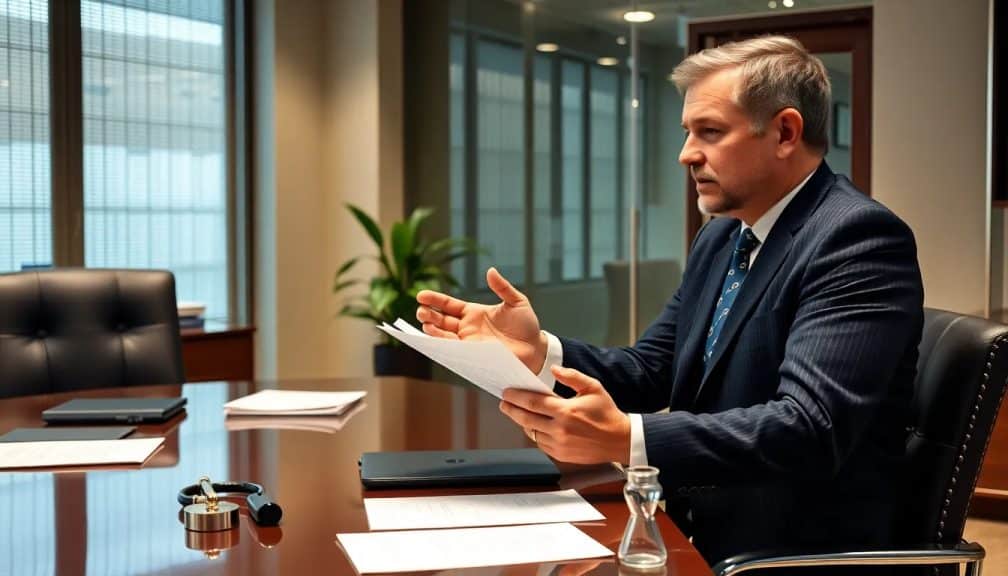A personal injury consultation is a pivotal step for anyone considering legal action after an accident. This initial meeting provides a unique opportunity to discuss your case with a professional and understand the implications of your situation. Knowing what to expect during a personal injury consultation can help you feel more prepared and confident.
During this consultation, you'll gather essential information about your legal rights and the steps ahead. It's crucial to approach this meeting with the right mindset and preparation to ensure you make the most of this opportunity.
What is a personal injury consultation?
A personal injury consultation is the first meeting between a potential client and a personal injury attorney. This initial discussion allows the attorney to evaluate your case and determine if there are grounds for legal action. It's a time to share your story, discuss the accident, and outline any injuries sustained.
Typically, these consultations are offered for free, making it accessible for individuals to seek legal advice without financial commitment. During this meeting, the attorney will gather information to assess the strength of your case.
Understanding the purpose of this consultation is key. It's not just about obtaining legal representation but also about gaining insight into the personal injury legal process. You will learn about potential compensation, the responsibilities of your attorney, and the steps you need to take moving forward.
What documents should you bring to your personal injury consultation?
Bringing the right documents to your personal injury consultation is essential for a productive meeting. Here are some important items you should consider taking along:
- Medical records: Include all relevant medical documentation related to your injuries.
- Accident reports: If available, bring police reports or any documentation from the accident scene.
- Insurance information: Have your insurance details ready, which might be relevant for your case.
- Photos: Visual evidence from the accident can be critical to support your claim.
- Witness statements: Any statements from witnesses can add credibility to your case.
Having these documents on hand will not only streamline the consultation process but also provide your attorney with essential information to assess your situation accurately. This preparation shows your commitment to the case and helps the attorney provide better advice.
How to prepare for a personal injury consultation?
Preparation is key to maximizing the benefits of your personal injury consultation. Here are some strategies to help you get ready:
- Write down your account: Prepare a clear narrative of how the accident occurred and the injuries sustained.
- List your questions: Think about what you want to know regarding case evaluation, attorney fees, and potential timelines.
- Be honest: Full transparency about your situation helps your attorney provide the best advice.
- Research your attorney: Familiarize yourself with their background and previous cases to ensure they fit your needs.
By approaching the meeting with a clear plan, you'll allow your attorney to address your concerns more effectively. This also sets a professional tone for your working relationship.
What questions should you ask your personal injury lawyer?
Asking the right questions during your personal injury consultation is crucial for understanding how your case will proceed. Consider asking the following:
- What experience do you have with cases similar to mine?
- What are your fees and payment structures?
- How do you communicate with clients throughout the process?
- What is your strategy for my case?
These questions can help clarify the attorney's approach and ensure they are a good fit for your legal needs. Moreover, understanding their fees upfront can prevent surprises later.
What are the financial expectations during a personal injury consultation?
During your personal injury consultation, it's important to discuss the financial aspects of your case. Most personal injury attorneys work on a contingency fee basis, meaning they only get paid if you win your case. This structure can relieve some financial pressure as you pursue your claim.
However, you should be aware of additional costs that might arise, such as court fees, expert witness fees, and costs related to gathering evidence. Make sure to discuss these potential expenses with your attorney to avoid any misunderstandings.
Understanding these financial expectations upfront can help you make informed decisions about how to proceed with your case.
What to know about confidentiality in lawyer consultations?
Confidentiality is a critical aspect of any attorney-client relationship. During your personal injury consultation, all discussions are generally protected by attorney-client privilege. This means that the information shared cannot be disclosed without your consent.
This confidentiality allows you to speak openly about your case, which is essential for your attorney to provide the best possible advice. It’s important to ensure that you feel comfortable sharing sensitive details about your case.
Even if you decide not to hire the attorney after the consultation, the information discussed typically remains confidential. This assurance can foster trust and facilitate honest communication.
What factors do attorneys consider when evaluating your case?
When evaluating your personal injury case, attorneys consider several factors to determine its potential success. These include:
- Evidence: The strength and quantity of the evidence you provide significantly impact the evaluation.
- Liability: Determining who was at fault for the accident is crucial.
- Damages: The extent of your injuries and the impact on your life play a crucial role.
- Witness testimonies: Credible witnesses can greatly strengthen your case.
Understanding these factors can give you insight into how your case will be assessed and what areas may need more focus moving forward.
Related questions on personal injury consultations
How to prepare for a personal injury consultation?
Preparation starts with gathering relevant documents, including medical records and accident reports. It's essential to have a clear understanding of your injuries and how they occurred, as this information will form the basis of your discussion with the attorney. Additionally, preparing a list of questions can help you make the most of the consultation and ensure all your concerns are addressed.
What is the hardest injury to prove?
The hardest injuries to prove often include those that are not visible, such as traumatic brain injuries or emotional distress. These injuries can lack tangible evidence, making it difficult to establish their impact on your life. Medical documentation and expert testimony can play a significant role in substantiating these claims.
What not to tell the attorney?
It's vital to be honest with your lawyer, but avoid making statements that could undermine your case, such as admitting fault or downplaying your injuries. Additionally, refrain from discussing your case publicly, as this can complicate legal proceedings.
What are the chances of winning a personal injury case?
The chances of winning a personal injury case depend on various factors, including the strength of the evidence, the reliability of witnesses, and the specifics of the legal argument. An experienced attorney can offer a more accurate assessment based on their understanding of similar cases and their outcomes.
For more insights on personal injury cases, you might find this video helpful:

